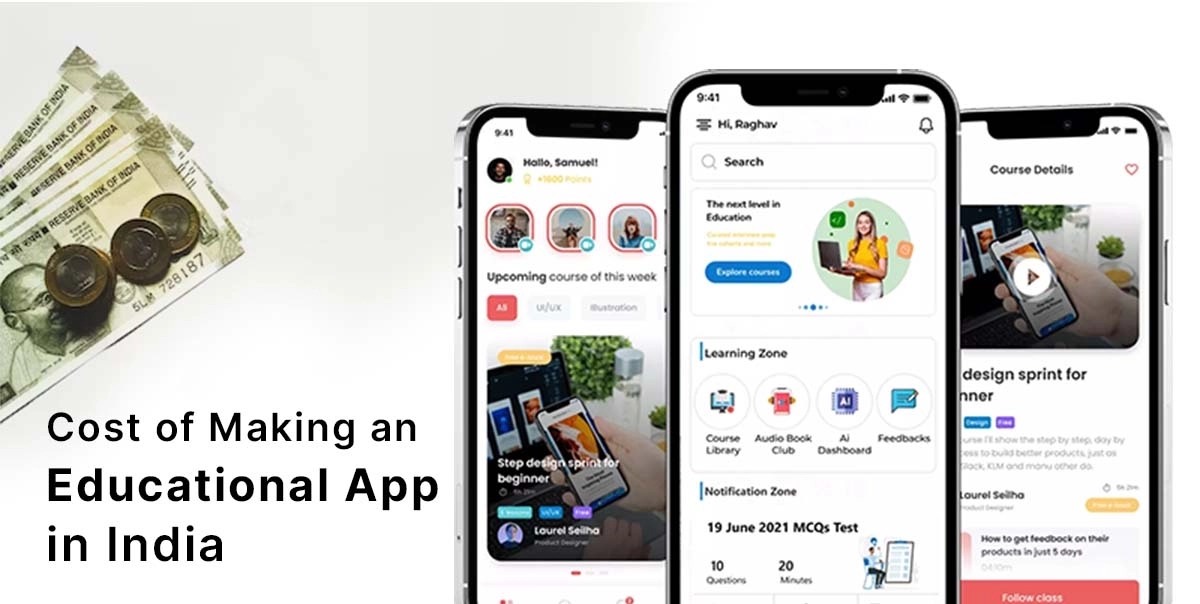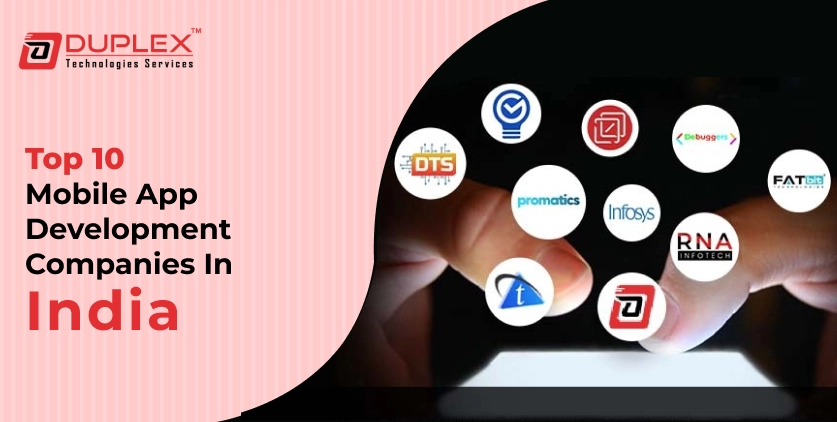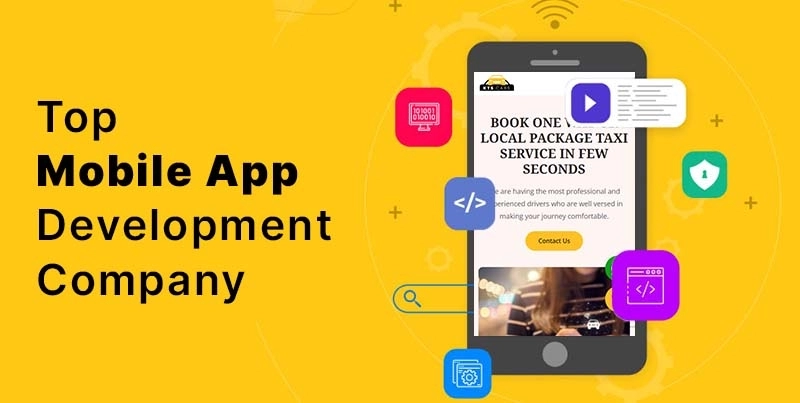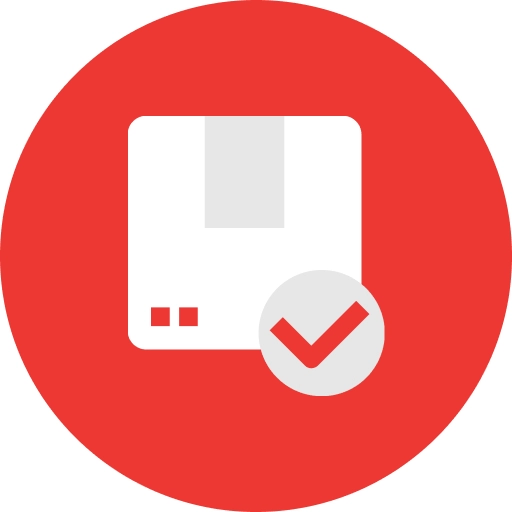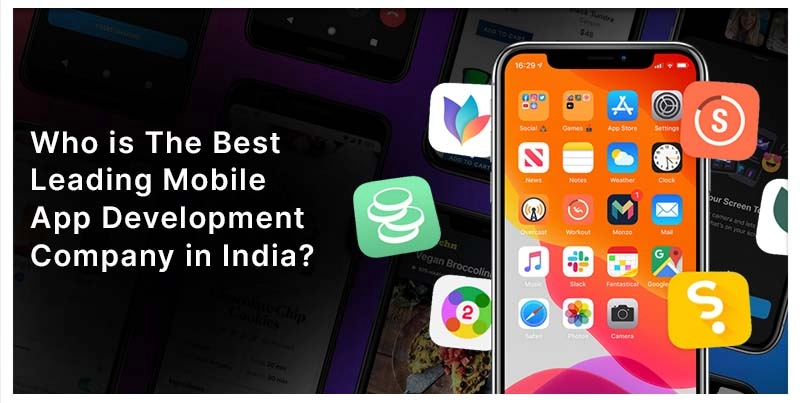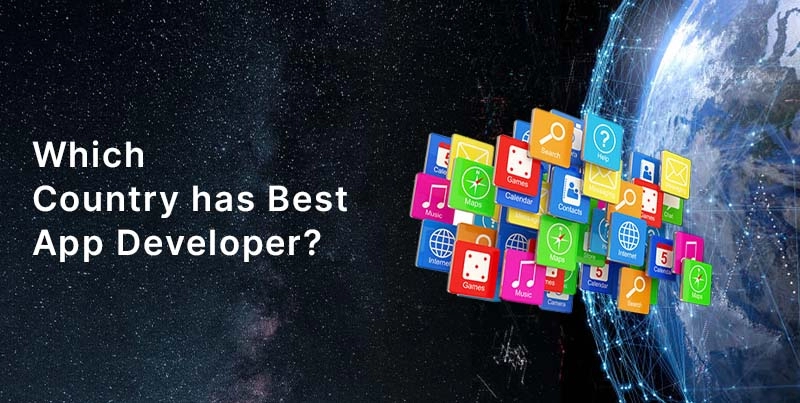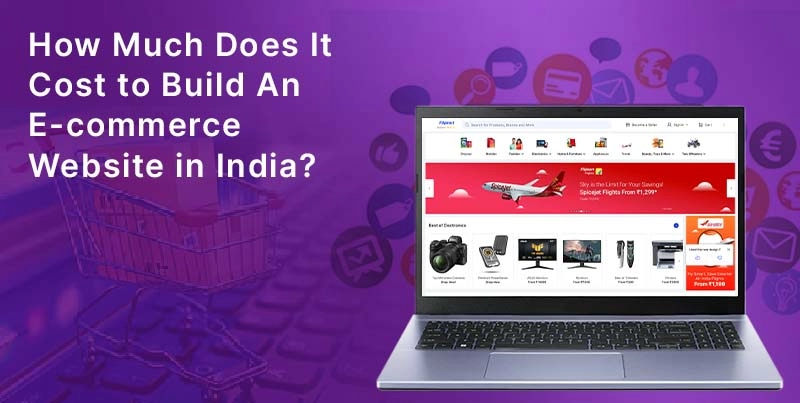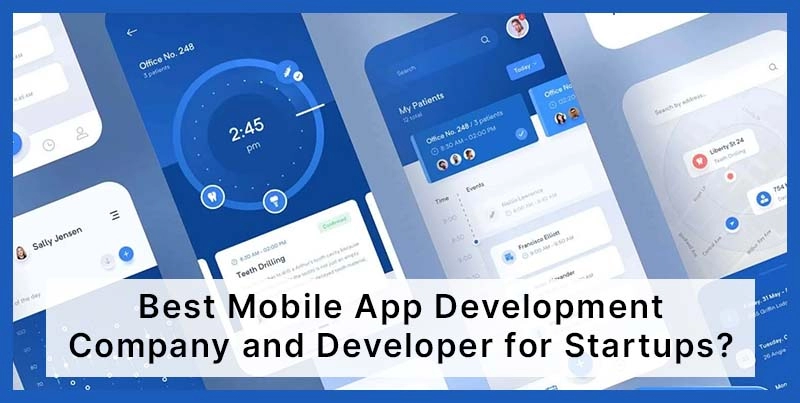Essential E-Commerce Developer Skills and Qualities for a Skilled E-Commerce Developer
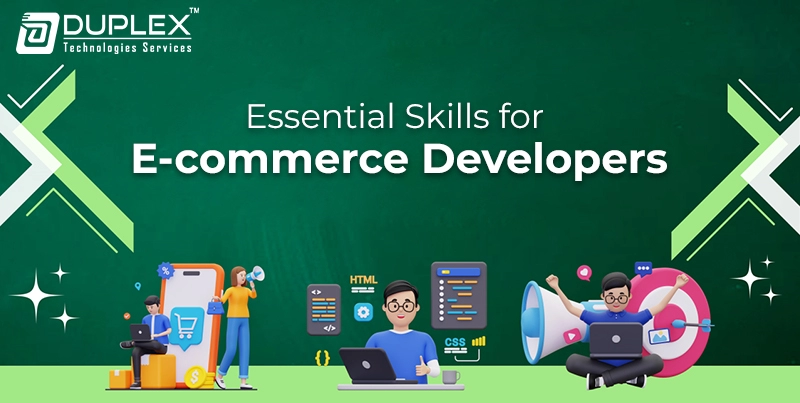
Posted By : Adarsh Mishra, Posted Date : Sep 14, 2024
Introduction: E-Commerce Developer Skills
This blog highlights some mandatory e-commerce developer skills required by an e-commerce developer. These must-have qualities of e-commerce developer help them to achieve competitive success.
As the world trends to become more and more tech-savvy, e-commerce has seen businesses change the round of their operations, increasing the importance of having an array of able developers who can design naturally smooth online shopping interfaces. Development of e-commerce requires technical ability as well as business understanding, and creative skills that the e-commerce developers possess to develop and maintain online stores.
To establish a successful career in this area, the developer requires knowledge of a variety of programming languages and e-commerce platforms and experience in user experience design and security. Since the advancement of technology has paved the way for how people can make diverse transactions through the internet, this blog will aim to identify what specific competencies would help someone become a highly skilled e-commerce developer.
Table of Contents
What Is a Skilled E-commerce Developer?
A skilled e-commerce developer is an individual who will be tasked with the responsibility of developing online shopping portals that are easily navigable. They interconnect technology and commerce and build websites that sell by converting visitors into customers.
E-commerce development means the activity connected with the creation and enhancement of online shops, corresponding website design, means of payment, stock supply, and order fulfillment. It involves the coordination of different technologies, including programming languages, frameworks, and databases, to achieve scalable and secure e-shopping. The e-commerce development allows different companies to create new opportunities for themselves, provide more sales, and become one of the leaders in the e-business field.
Qualities of E-commerce Developer
Headless Commerce APIs | E-Commerce Developer Skills
An e-commerce developer should know about headless commerce APIs to be able to create an online store with unique requirements. This means that headless commerce can be broken down into two parts so developers can use any frontend framework and design exceptional, cohesive shopping experiences. This knowledge helps developers to create high-performance, shovel-ready, and customer-specific shopping experiences and integrate them with numerous services and counter services to stay relevant in the ever-shifting E-Commerce environment. And also allows business to get to customers through multiple point of contacts.
Composable Commerce Microservice | Qualities of E-commerce Developer
E-commerce developers must have the knowledge of composable commerce microservices so that they can now create modern, adaptable, and modular online stores. Composable commerce enables developers to chip in the best of the best services instead of packages provided through single-vendor architecture. This approach enables:
- New features and services reach the market quicker
- Increased flexibility as a result of improving customers’ need satisfaction and product specialization
- These enhancements result in better scalability and performance at NF.
- Relative utilization of client-side applications and third-party services and tools
- Less reliance on any specific supplier and product development.
Composable commerce microservices mean that developers can build new, flexible, and customer-oriented approaches to shopping that are beneficial for business and help to avoid competitors.
Cloud-Based Technology | E-Commerce Developer Skills
An e-commerce developer should know the cloud-based technology that would allow using the Internet as a platform for creation of the Internet store with no geographical limitations for a business. Cloud platforms such as AWS, Azure, and Google Cloud enable on-demand infrastructure, automated backups, and updates. They thus help the developers design efficient, secure, and cheap e-commerce platforms that can meet variable traffic and sales while sustaining and growing the business. It also means that it is very easy to integrate with third-party services and tools than with on-site environments.
Multiple Programming Languages | Qualities of E-commerce Developer
An e-commerce developer should be proficient in several programming languages due to the variability and fast pace of development in this occupation. Since developers hire by the company may proficient in JavaScript, Python, PHP and Ruby, it allows them to interface with the various e-commerce platforms, frameworks and tools thereby allowing them to solve complex problems as well as meeting the unique requirements of the business. They are also considered more valuable by employers and clients since they are more versatile than those provided by job-specific websites.
Various Commerce Tools | Skilled E-commerce Developer
An e-commerce developer should know how to use various commerce tools like CRM (customer relationship management), OMS (order management system), PIM (product information management), and DXP (digital experience platform) systems to:
- Simplify the process flow in businesses.
- Improve customers’ satisfaction and loyalty
- Solve everyday issues such as the management of the product data and catalogs.
- Provide customers with individualized and cross-platform experiences.
- Access to other systems and third-party services for a number of outputs
- Increase or make use of elemental procedures or mechanical operations.
- Acquire insight/knowledge and also useful analysis.
Being aware of these tools helps developers create versatile e-commerce applications that can help businesses and customers achieve their goals and grow.
E-Commerce Developer Skills: Must-Have Technical Skills
Programming Languages
An E-commerce developer should be knowledgeable in HTML, CSS, JavaScript, and PHP as these are important kernels to e-commerce applications. Also, their knowledge should include server-side languages including – Python, Ruby and Java, Scripting languages including Perl and Bash. This flexibility helps them be useful in a number of projects and technology based endeavours. And they should be able to adapt to new languages and frameworks within a short span of time and be well updated with the latest trends in the market.
E-Commerce Platform
E-commerce platform knowledge such as Magento, Shopify, and Woo Commerce are necessarily required skills for developers. They should know that platform has features of functionalities, about customization and third-party app connections. In addition, they should be aware of how to cross from one platform to the other so that the business does not suffer. Such knowledge helps the developers to select the most suitable platform for every project depending on the client’s specifications and objectives.
Database Management
Database concepts and modeling should be clearly understood by developers E-Commerce. They should be familiar with the databases such as MySQL, MongoDB and PostgreSQL and query language like SQL and NoSQL. This knowledge enables them to develop and enhance data base structures and organizations of data to meet the intended goal of any organization. In addition, they must have the ability to detect and fix problems regarding the database in order to maintain optimum functionality for the online store.
Web Development Framework
Knowledge about web-based frameworks such as React or Angular or Vue. js is crucial for developing applications that are fast, highly scalable, and easy to maintain, for E-Commerce applications. Continuing on the previous point, developers should know about peculiarities of used frameworks, their elements, and compatibility with other libraries and tools. They should also know which nice framework of the given to be used in every project based on some attributes such as performance, complexity, or speed of development. Such expertise helps the developers to help them build sound and interactive shopping sites.
Conclusion
In conclusion, for eCommerce developers, technology along with business and creative skills are mandatory for the job market. Fluency in code besides knowing e-commerce platforms, cloud services, and commerce tools such as CRM, OMS, and PIM helps them develop efficient, secure, and customer-unique web stores. Such expertise assists clients in achieving their business objectives, improving customer interactions, and maintaining relevance in the digital economy. Thus, obtaining such skills allows eCommerce developers to provide clients with specific solutions to help them increase conversion rates, sales, and customer satisfaction. This creates harmony between the developer and the client, which is protuberant in the achievement of success in the eCommerce arena.

